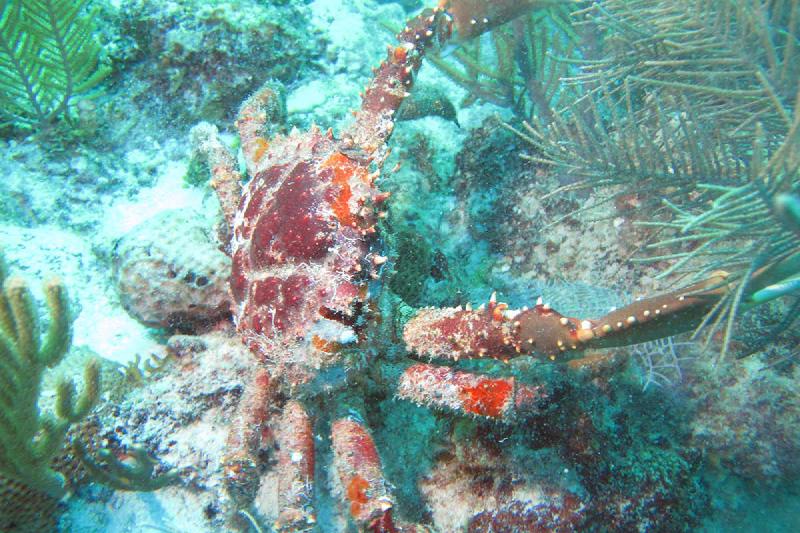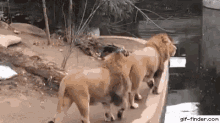Hello and welcome to another Fun Fact From Flora ,
Today we have a story that gives us optimism, something that we can be a bit short of when looking at the marine conservation world. Some scientists have a plan to help Florida’s dying coral reefs ! And the plan looks like this.
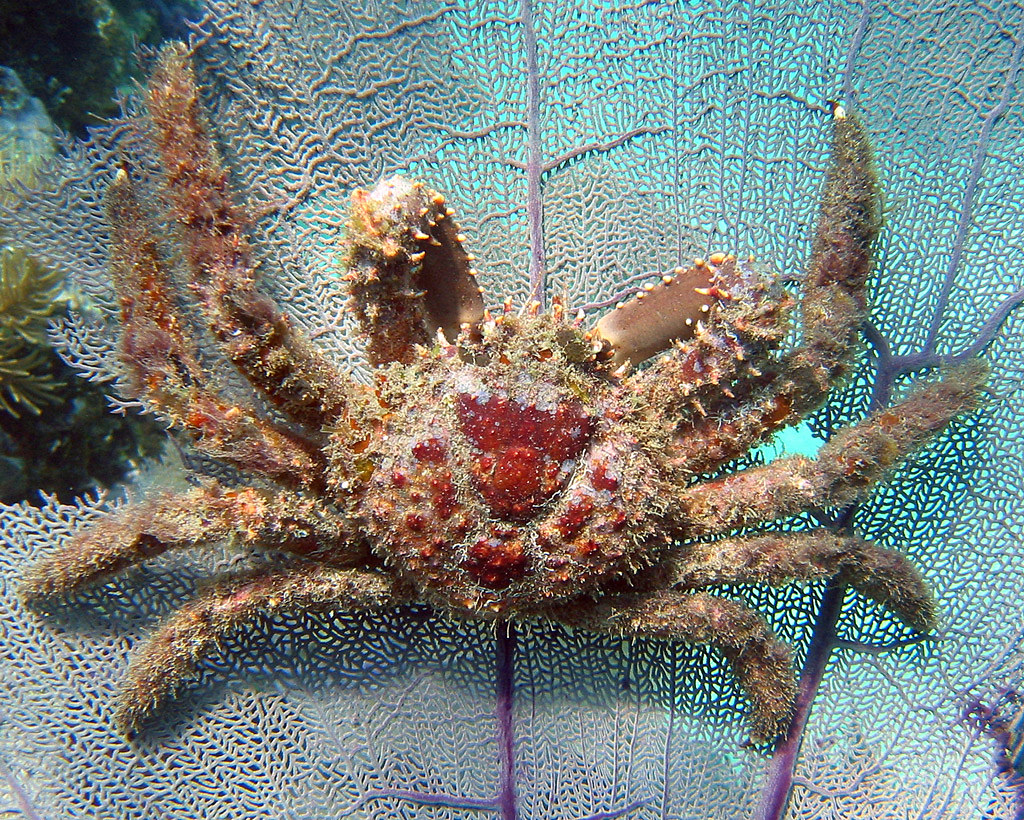
This is a
Caribbean king crab ( Maguimithrax spinosissimus ). I actually love that Latin name. Doesn’t that sound like a James Bond villain?
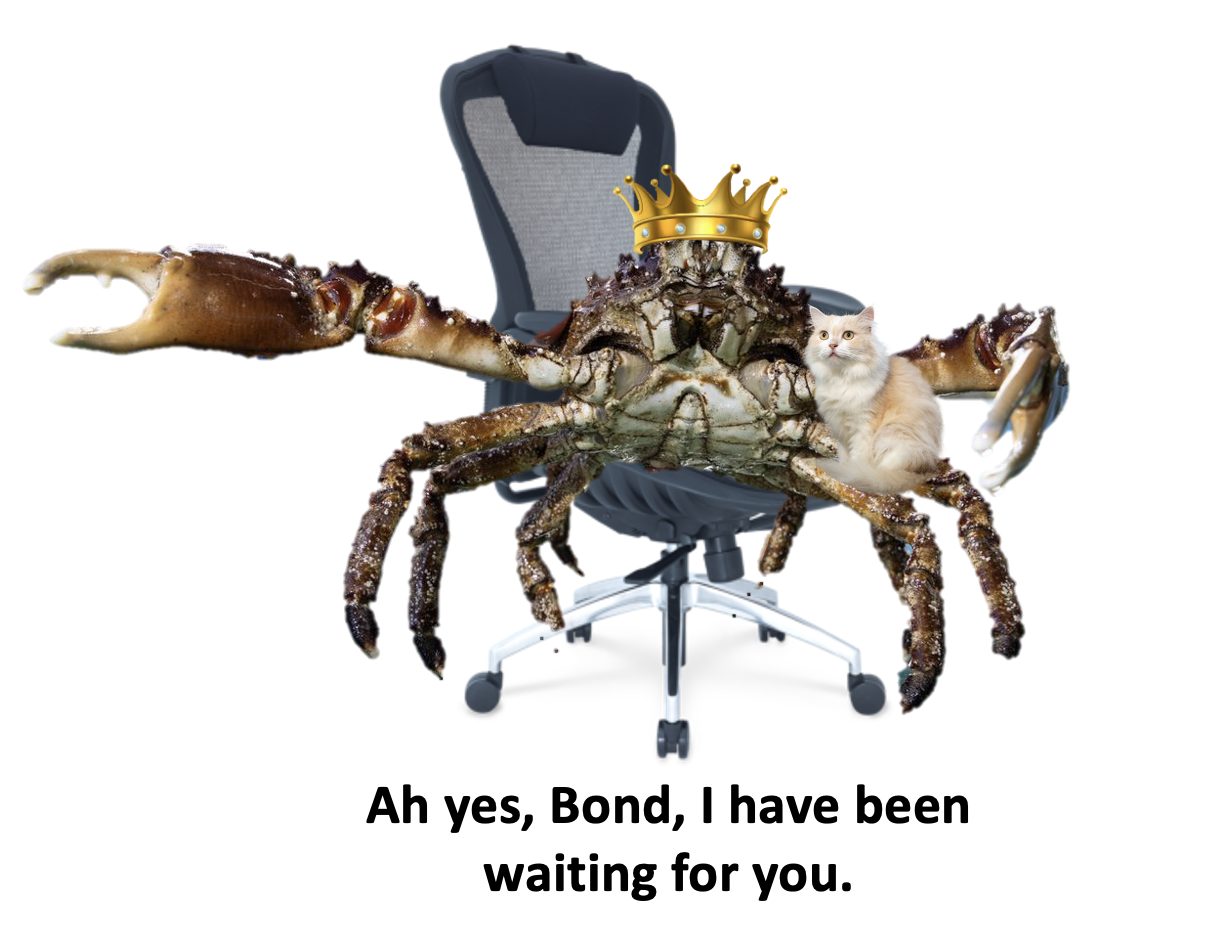
Annyyyhooo.
Coral reefs are on a pretty steep decline and in most places it is so bad that natural recovery is pretty much impossible.
Overfishing, climate change , disease and eutrophication have meant that now much of what used to be coral reef in the Caribbean is just algae.
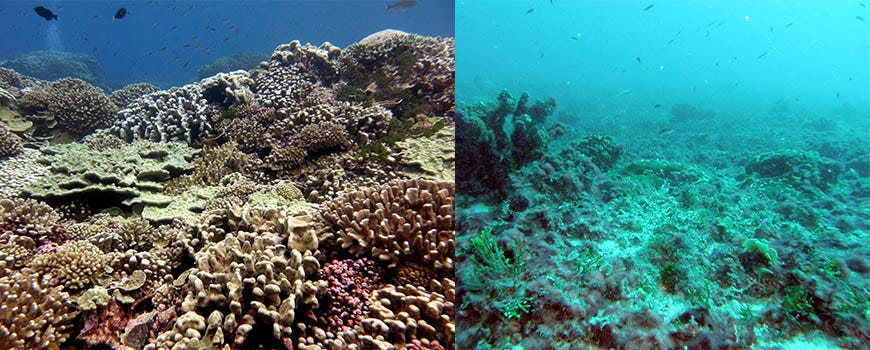
Shifting that algae is difficult. But until it is shifted new corals cannot grow. Baby corals spend their early days swimming around in the ocean, trying to find a spot to settle on and start a colony. And it’s hard to do that when there is so much algae — not much space left over to claim for themselves.
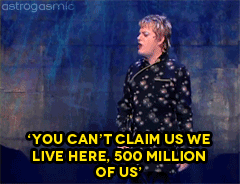
Another big problem is that the algae also blocks the sunlight that the pre-existing corals need to grow, and crowds them out.
The animals that would normally eat the algae, and keep it under control, have declined hugely in the last few decades. In the 1980s, an unknown disease almost totally wiped out longspined sea urchins in the Caribbean, and these dudes would normally go to TOWN on all that algae.
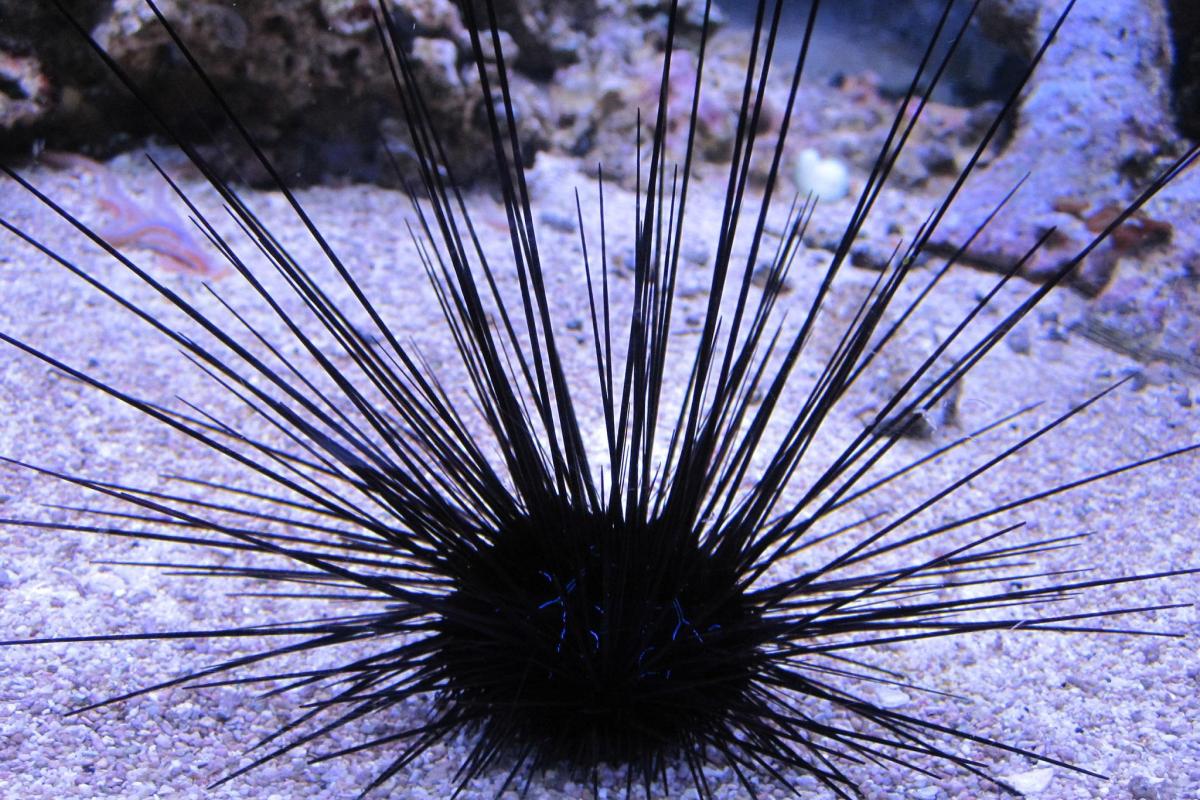
With no herbivores to keep the algae in check — it can grow unchecked and unstopped.
So, a team at the Mote Marine Lab and Aquarium in Florida has been working on a solution to this. They discovered that the Caribbean king crab has a voracious appetite for algae , in fact they exceed nearly all other fish or invertebrate grazers in the Caribbean, (Spadaro and Butler, 2020).
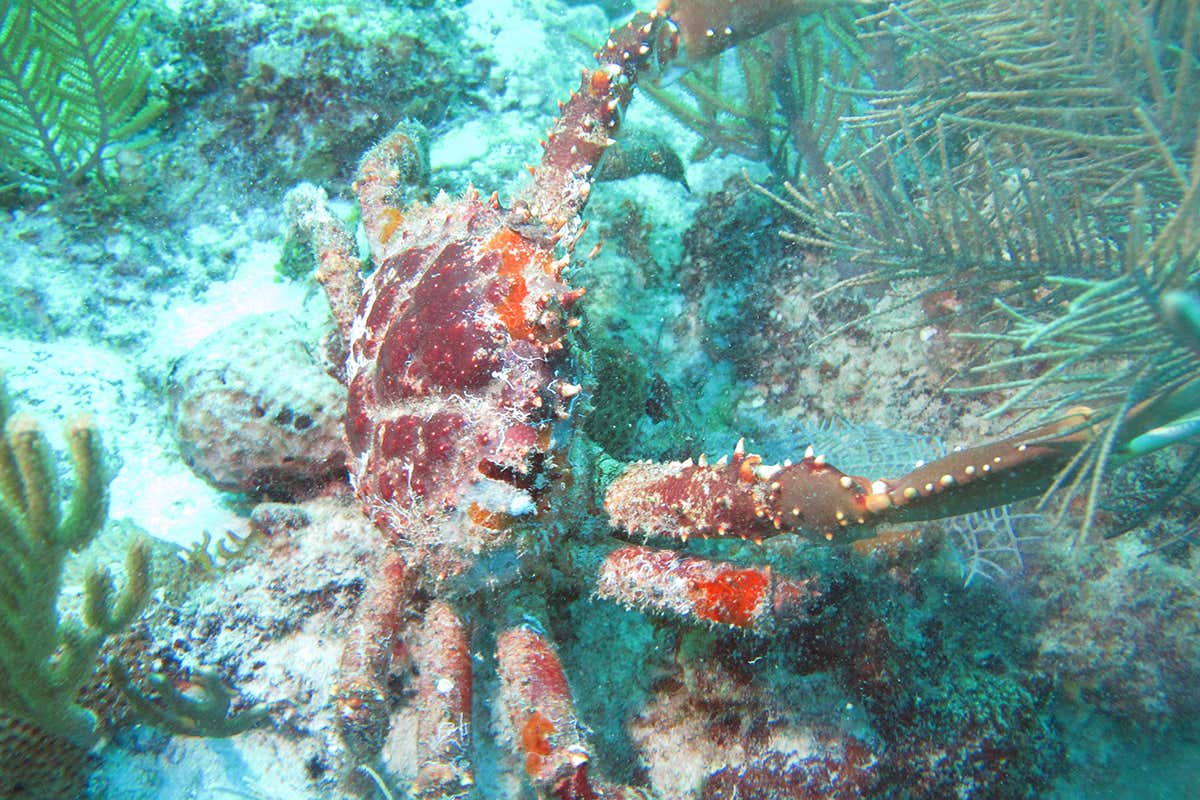
They decided to test how effective these dudes might be at munching some algae, so they transplanted some crabs onto patches of reef.
The crabs reduced the cover of algae by 50-80%! This led to a 3-5x increase in coral recruitment and fish abundance and fish diversity!

What is even better is that these crabs are nativeto Florida (just in very low numbers because everything eats them) and adding large quantities of them to the reef is very unlikely to have unexpected negative consequences.
Their plan is pretty ambitious. They want to breed a quarter of a million Caribbean king crabs every single year.
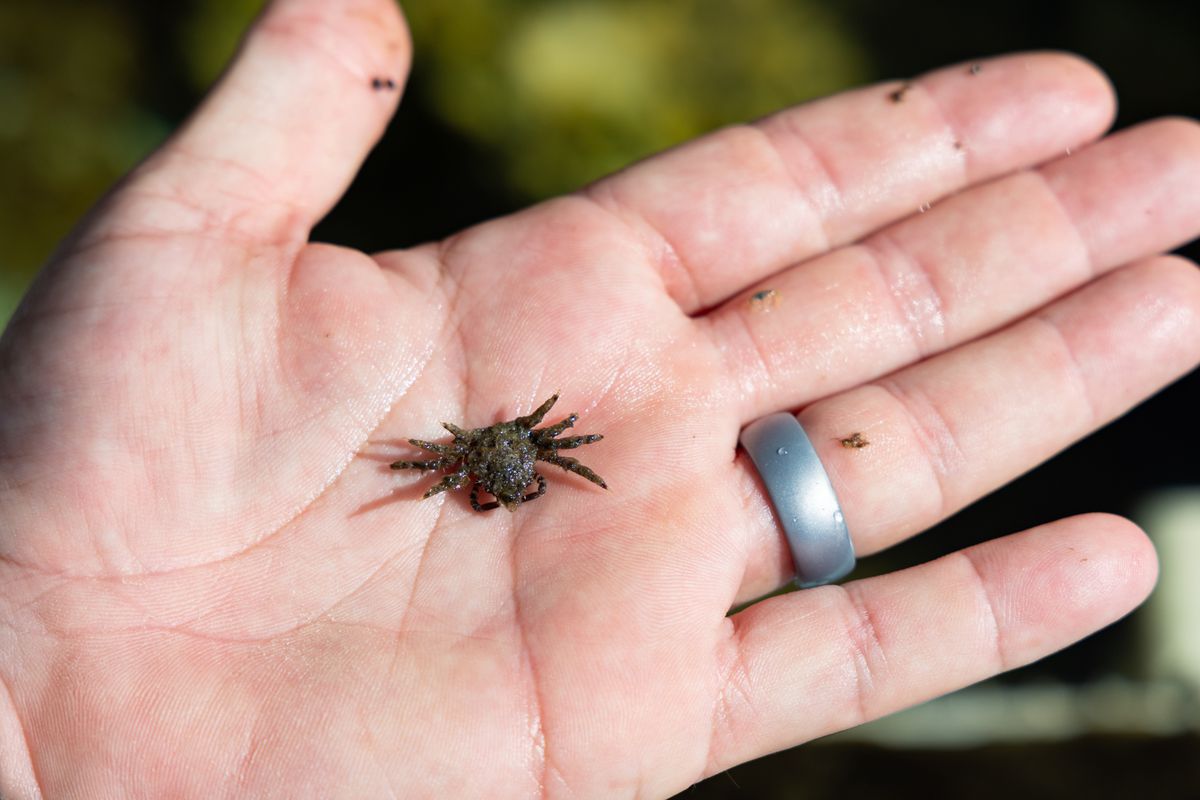
But there is one crucial step before the lab-raised crabs are released into the sea. This is my favourite part of the whole story.
These crabs have no experience of predators , right, they have just grown up in a tank. They need to be conditioned to fear things that might eat them , like octopuses, snappers or groupers.
The team decided to use puppets modelled on the predators that they could put in the tank while poking the crabs to create an aversion. But the best part of all — the lab partnered with a local school and had the school kids make the hand puppets.
Luckily the crabs do not have very good vision
So maybe these crabs can play a role in helping the Caribbean corals recover. It is not enough by itself, but anything that helps is always worth celebrating!
Hope you enjoyed a fun and funky critter helping us help the planet.
Lots of love,
Flora
